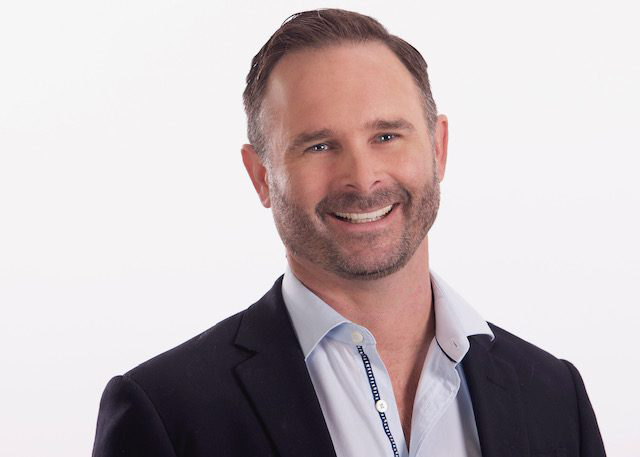Addiction recovery is a transformative journey that unfolds in stages, each designed to guide individuals toward sustained healing and a fulfilling life. Whether you are taking the first step toward recovery or supporting a loved one, understanding these stages can provide valuable insight and hope.
At SEE Purpose Treatment, we believe that recovery is a deeply personal process. By exploring the stages of addiction recovery, you’ll better understand what to expect and how each step contributes to lasting sobriety and personal growth.
Awareness and Acknowledgment
Recovery begins with awareness. This stage is often marked by a realization that addiction has taken control, affecting physical health, emotional well-being, relationships, and overall quality of life.
For some, this stage is triggered by external events, such as a health scare, legal issues, or an intervention by loved ones. For others, it’s a more introspective process, recognizing that life feels unmanageable.
Acknowledging the problem is the first, courageous step. It involves moving past denial and admitting that help is necessary. Without this recognition, recovery cannot truly begin.
Contemplation
In this stage, individuals start to weigh the pros and cons of recovery. They might feel ambivalent—part of them desires change, while another part fears losing the perceived comfort that substance use provides.
The contemplation stage is a time of introspection. Individuals reflect on questions like:
- What will I gain by giving up this addiction?
- What challenges might I face during recovery?
This stage can last weeks, months, or even longer. It’s essential to approach it with patience and encouragement, as the seeds of change are being planted.
Preparation
Once the decision to seek help is made, the preparation stage begins. This phase involves concrete planning for recovery. Individuals might:
- Research treatment options, like residential or outpatient programs.
- Speak with professionals to develop a personalized recovery plan.
- Begin to set goals for sobriety and a healthier lifestyle.
During this time, it’s crucial to build a support network of friends, family, or recovery groups. This foundation provides encouragement and accountability as the individual transitions into active recovery.
Action
The action stage is where the real work of recovery begins. This phase involves active participation in treatment programs, therapy sessions, and lifestyle changes. It often includes:
- Detoxification: Cleansing the body of substances under medical supervision.
- Therapy and Counseling: Exploring the root causes of addiction through individual or group therapy.
- Developing Coping Strategies: Learning tools to manage triggers, cravings, and emotional stress.
At SEE Purpose Treatment, we emphasize evidence-based therapies, such as Cognitive Behavioral Therapy (CBT), and holistic approaches, such as mindfulness and physical wellness, to support individuals during this phase.
During the action stage, individuals often experience significant breakthroughs. They begin to develop healthier habits and rediscover a sense of self-worth and purpose.
Maintenance
Recovery doesn’t end with treatment—it’s a lifelong commitment. The maintenance stage focuses on sustaining the progress made during the action phase. This involves:
- Continuing therapy sessions or support groups.
- Practicing self-care routines, like regular exercise, healthy eating, and mindfulness.
- Staying vigilant about triggers and high-risk situations.
Relapse prevention is a central theme in the maintenance stage. While occasional setbacks can happen, this stage teaches individuals how to handle them constructively without falling back into old patterns. Building resilience and fostering a sense of community are key to maintaining long-term sobriety.
Relapse
Relapse is not uncommon in addiction recovery and does not signify failure. Instead, it’s an opportunity to learn and strengthen one’s resolve. If relapse occurs, it’s important to:
- Identify the triggers or stressors that contributed to the setback.
- Reassess the recovery plan with the help of professionals.
- Recommit to the journey with renewed determination.
At SEE Purpose Treatment, we approach relapse with compassion. We believe that recovery is a process of growth and that setbacks can serve as stepping stones toward greater self-awareness and resilience.
Long-Term Growth and Transformation
The final stage of recovery is about thriving, not just surviving. Individuals in this phase often experience profound personal growth. They may:
- Rediscover passions, hobbies, and goals.
- Build stronger, healthier relationships.
- Find ways to give back, such as mentoring others in recovery.
Recovery becomes less about avoiding substances and more about living a life of purpose and fulfillment. This stage reflects a deeper connection to oneself, others, and the world.
Support at Every Stage
Each stage of addiction recovery presents unique challenges and opportunities. At SEE Purpose Treatment, we provide comprehensive, individualized care to support individuals at every step of the journey. Our team of compassionate professionals combines evidence-based therapies with a holistic approach, addressing the physical, emotional, and spiritual aspects of recovery.
Whether you’re just beginning your recovery journey or working to maintain long-term sobriety, remember: you don’t have to do it alone. With the right support and a commitment to growth, lasting recovery is possible.
The path to recovery is not linear. Some may move quickly through certain stages, while others take more time. Every individual’s journey is unique, and every step forward is a victory worth celebrating.
If you or someone you love is struggling with addiction, know that help is available. Contact SEE Purpose Treatment to learn more about our personalized programs and how we can support you in achieving a life of purpose, health, and happiness. Together, we can navigate the stages of recovery and create a brighter future.




